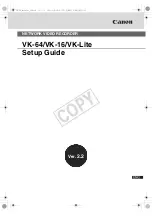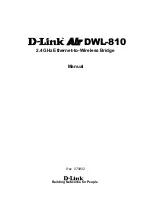
2-15
Catalyst 4500 Series Switches Installation Guide
78-14409-08
Chapter 2 Preparing for Installation
Ventilation
Step 6
Add the DC input current used by data and the DC input current used by inline
devices to find the total DC input current.
•
Total DC input current = 6.14 + 1.4 = 7.54 A.
Ventilation
Planning a proper location for the switch and the layout of your equipment rack
or wiring closet is essential for successful system operation. You should install the
switch in an enclosed, secure area, ensuring that only qualified personnel have
access to the switch and control of the environment. Equipment placed too close
together or inadequately ventilated can cause system overtemperature conditions.
In addition, poor equipment placement can make chassis panels inaccessible and
difficult to maintain.
The switch operates as a standalone system mounted in a rack in a secure wiring
closet. It requires a dry, clean, well-ventilated, and air-conditioned environment.
To ensure normal operation, maintain ambient airflow. If the airflow is blocked or
restricted, or if the intake air is too warm, an overtemperature condition can occur.
The switch environmental monitor can then shut down the system to protect the
system components.
To ensure normal operation and avoid unnecessary maintenance, plan your site
configuration and prepare your site before installation. After installation, make
sure the site maintains an ambient temperature of 0 to 40ºC (32 to 104ºF). It is
essential to keep the area around the chassis as free from dust and foreign
conductive material (such as metal flakes from nearby construction activity) as is
possible.
Multiple switches can be rack-mounted with little or no clearance above and
below the chassis. However, when mounting a switch in a rack with other
equipment, or when placing it on the floor near other equipment, ensure that the
exhaust from other equipment does not blow into the intake vent of the chassis.
Cooling air is drawn in through the right side of the chassis. Keep the right side
clear of obstructions, including dust and foreign conductive material, and away
from the exhaust ports of other equipment. Allow at least one foot of clearance for
both intake and exhaust air flow, and keep cover plates on unused power supply
bays and switching module slots to ensure the air in the chassis flows as designed.
















































